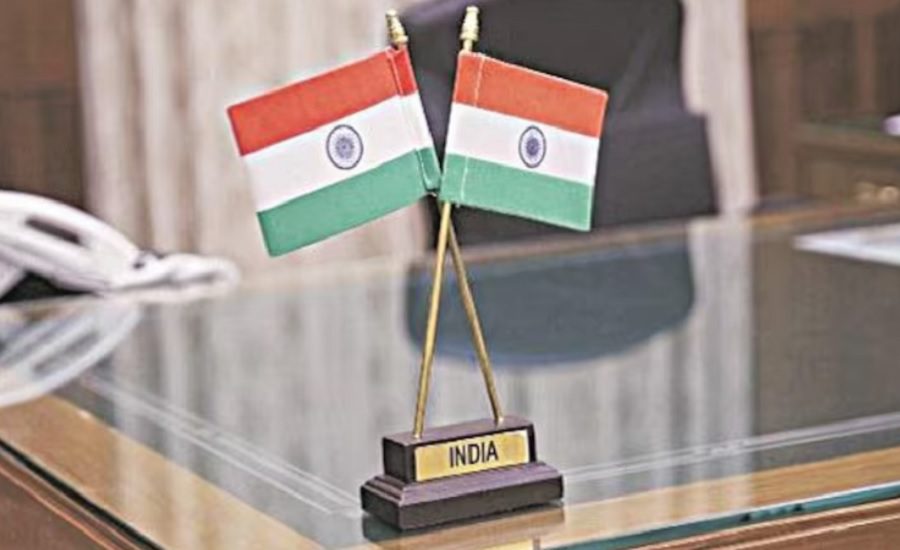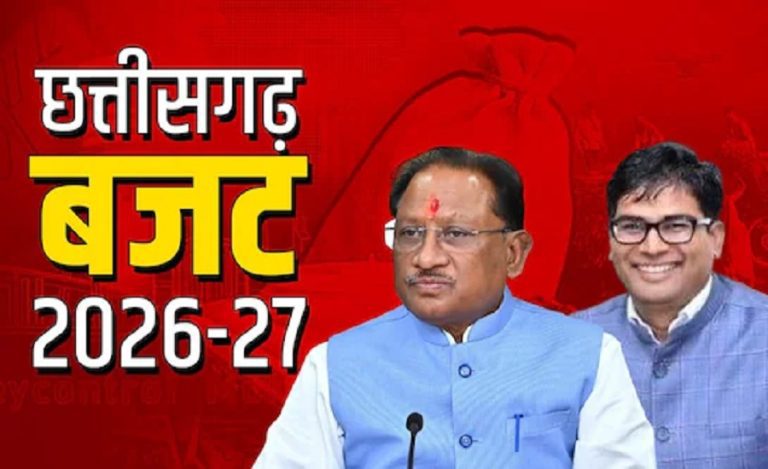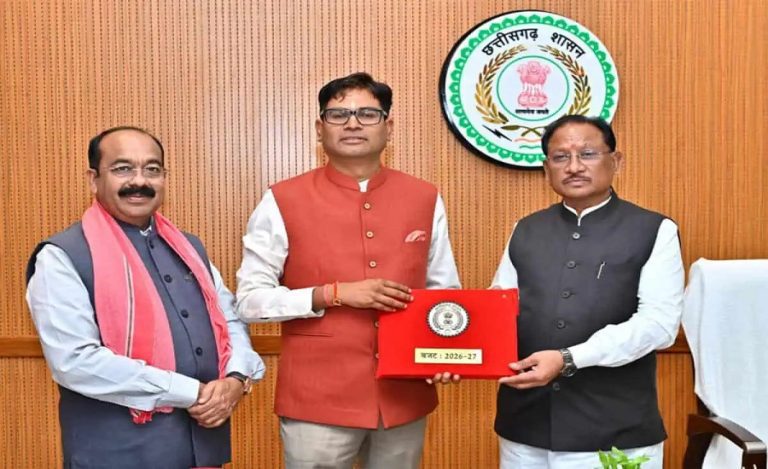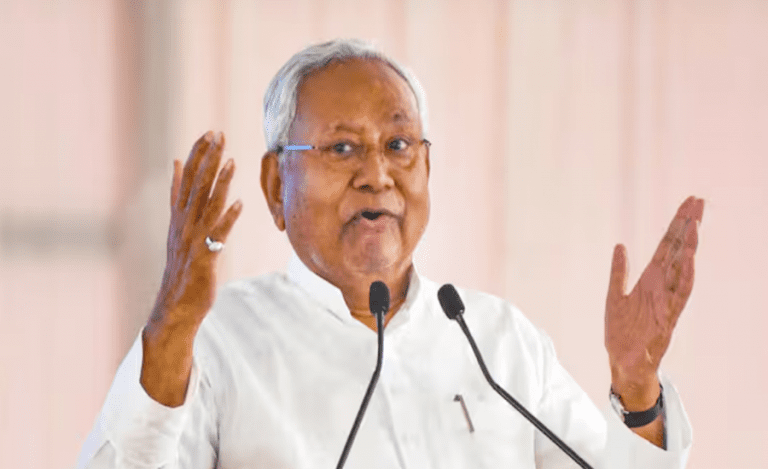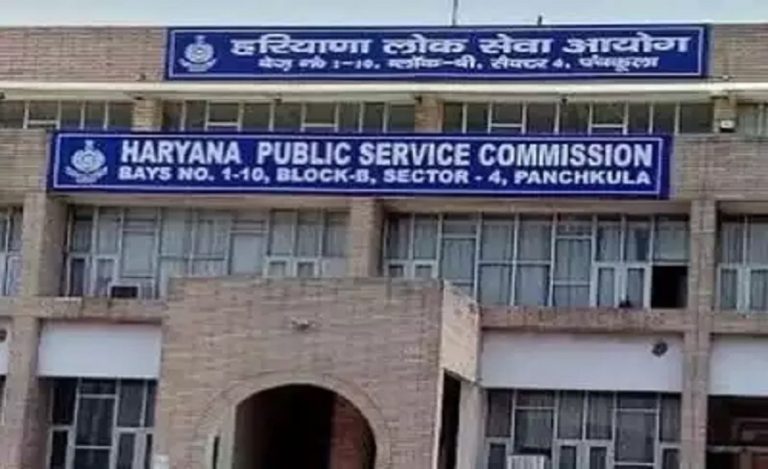Mumbai/New Delhi: Two seasoned bureaucrats from the 1988 batch—one from the Indian Administrative Service (IAS) and the other from the Indian Revenue Service (IRS)—are in the spotlight as they enter significant phases in their public service journeys.
Nitin Kareer Appointed Chairman of Maharashtra State Finance Commission
Former Maharashtra Chief Secretary Nitin Kareer has been appointed as the new Chairman of the Maharashtra State Finance Commission. A 1988-batch IAS officer from the Maharashtra cadre, Kareer retired earlier this year after a distinguished career spanning urban planning, revenue administration, and state governance reform.
In his new role, he will lead the Commission in recommending fiscal transfers to urban and rural local bodies—an essential mechanism for decentralised governance. Known for his deep expertise in policy formulation and public finance, Kareer’s appointment is seen as a strategic move to strengthen fiscal federalism at the state level.
Sanjay Kumar Agrawal to Retire as CBIC Chairman in November
At the national level, Sanjay Kumar Agrawal, Chairman of the Central Board of Indirect Taxes and Customs (CBIC), is set to retire in November 2025. A 1988-batch IRS (Customs & Central Excise) officer, Agrawal took charge of the CBIC in August 2023.
Under his leadership, the Board has undertaken key reforms in GST administration, customs modernization, and digital compliance systems. His impending retirement is expected to bring about a major reshuffle in India’s indirect taxation framework, as the government prepares to appoint a successor to one of its most influential economic policy positions.
Two Distinguished Careers, Two Pivotal Moments
Though serving in different capacities—one at the state level, the other at the Centre—both Kareer and Agrawal have played pivotal roles in shaping India’s administrative and economic policy landscape over the past three decades.
As Kareer steps into a new advisory role in public finance, and Agrawal prepares to conclude his tenure at the helm of CBIC, these transitions mark a generational shift in the Indian bureaucracy—underlining the need for continued institutional leadership rooted in experience, reform, and public accountability.

